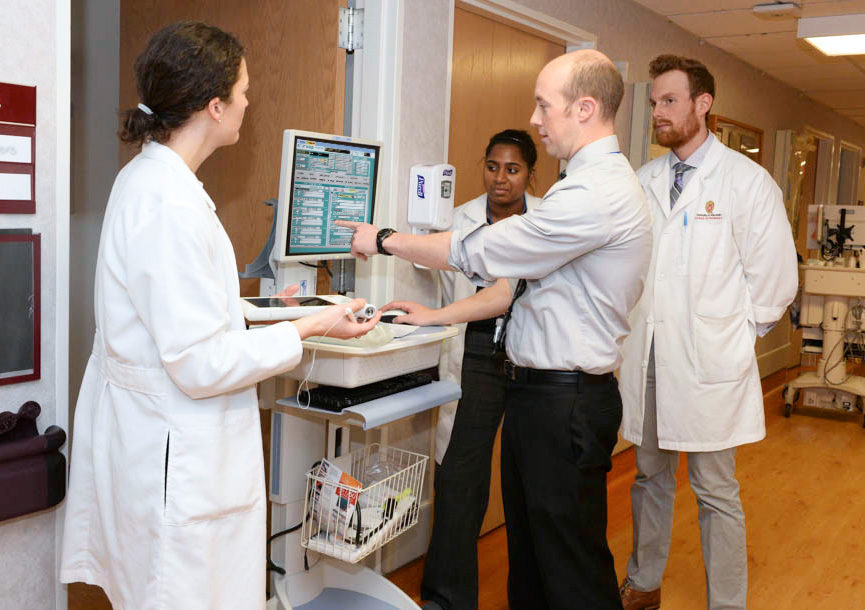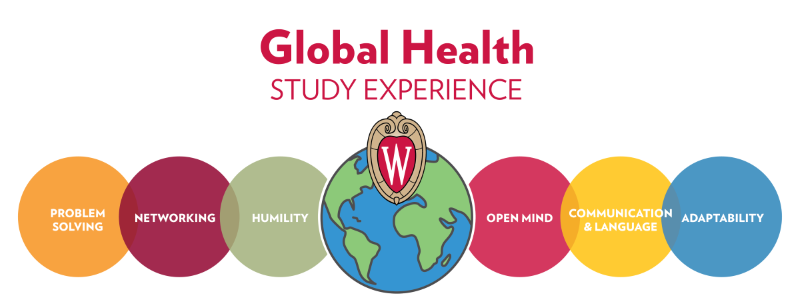IPPE Experience of a PharmD Student
PharmD student Hunter Furley shares his observations during his IPPE rotation and discovers the innovative patient care practice of community pharmacies, where they are ambulatory care pharmacists working in a community setting.
Read his blog





